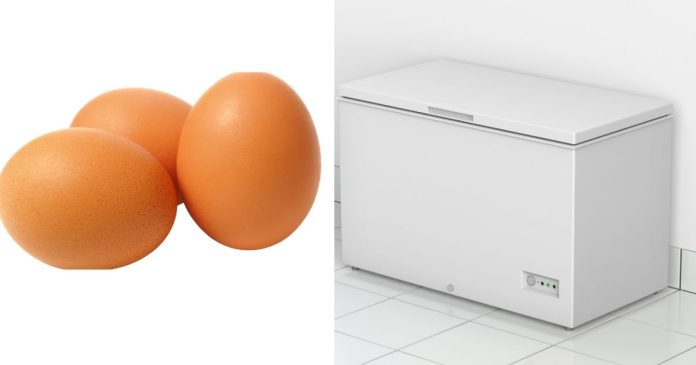Eggs are a versatile and nutritious staple in many households, but their freshness is crucial for safety and taste. If you’re wondering how long you can store eggs in the fridge, you’re not alone. Here’s everything you need to know to keep your eggs fresh and safe.
Understanding Egg Freshness
Eggs come with a natural protective coating that helps keep them fresh. However, once they’re washed (as is common in many countries like the United States), this coating is removed, making refrigeration essential to prevent bacterial contamination.
The key to determining how long eggs last lies in understanding their labeling and storage conditions:
- Sell-by or expiration date: Most egg cartons in the U.S. have a sell-by or expiration date, which provides a guideline for freshness. However, eggs can remain safe to eat for several weeks beyond this date if stored properly.
General Guidelines for Storing Eggs
Here’s a breakdown of how long you can keep eggs in your fridge:
- Raw Eggs in Shells:
- Store them in their original carton to prevent absorbing odors from other foods.
- Eggs typically remain fresh for 3-5 weeks after purchase if kept at a consistent temperature of 40°F (4°C) or below.
- Raw Egg Whites or Yolks:
- If you separate eggs for a recipe, store unused whites or yolks in a sealed container.
- They can last 2-4 days in the fridge. For longer storage, consider freezing them.
- Hard-Boiled Eggs:
- Whether peeled or unpeeled, hard-boiled eggs should be refrigerated within two hours of cooking.
- They’re best consumed within 7 days.
- Frozen Eggs:
- Raw eggs can be frozen, but the shell should be removed. Whisk yolks and whites together or freeze whites and yolks separately.
- Frozen eggs can be stored for up to a year and thawed in the fridge before use.
Tips for Maintaining Egg Quality
- Keep them cold: Store eggs in the main compartment of the fridge, not the door. The door’s temperature fluctuates due to frequent opening and closing.
- Check for freshness: When in doubt, perform a float test. Place the egg in a bowl of water:
- Fresh eggs sink and lay flat.
- Older eggs stand upright or float, indicating they may be past their prime.
- Use them wisely: If eggs are nearing their expiration, use them in baked goods or fully cooked dishes to minimize risks.
Why Proper Storage Matters
Proper egg storage is critical to preventing foodborne illnesses, such as those caused by Salmonella. Refrigeration slows bacterial growth, extending the eggs’ shelf life and ensuring they’re safe to eat.
With proper storage, eggs can last weeks in the fridge, giving you plenty of time to use them in your favorite recipes. Always prioritize freshness and safety by storing them in their original carton, keeping them refrigerated, and consuming them promptly after their expiration date. By following these tips, you can enjoy the nutritional benefits and culinary versatility of eggs without worry



